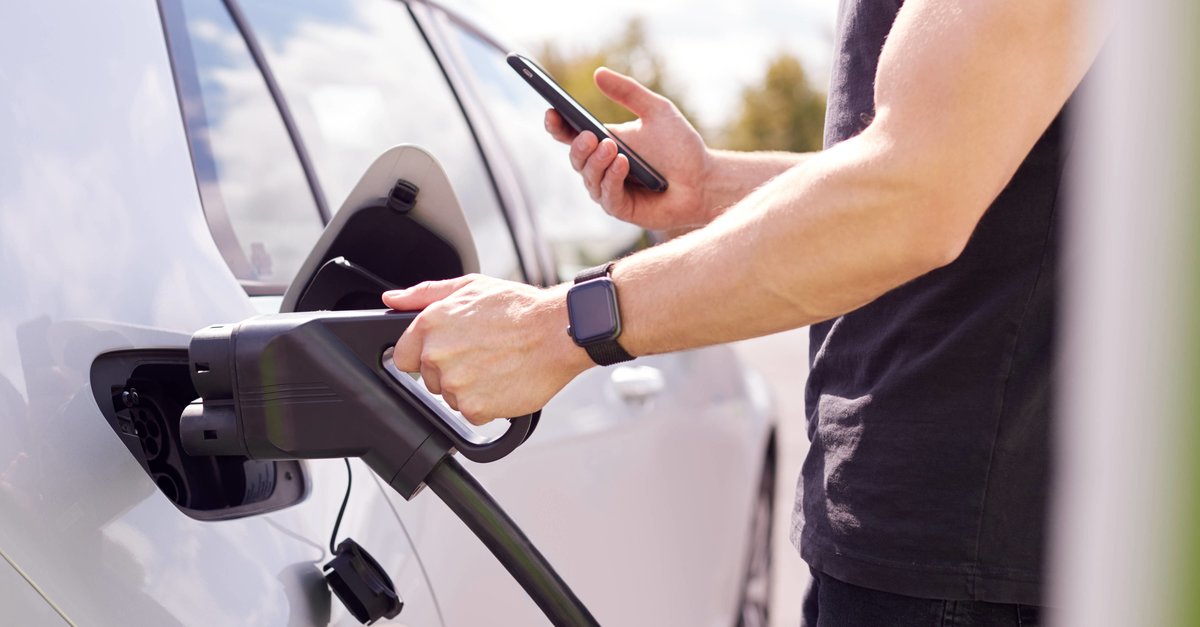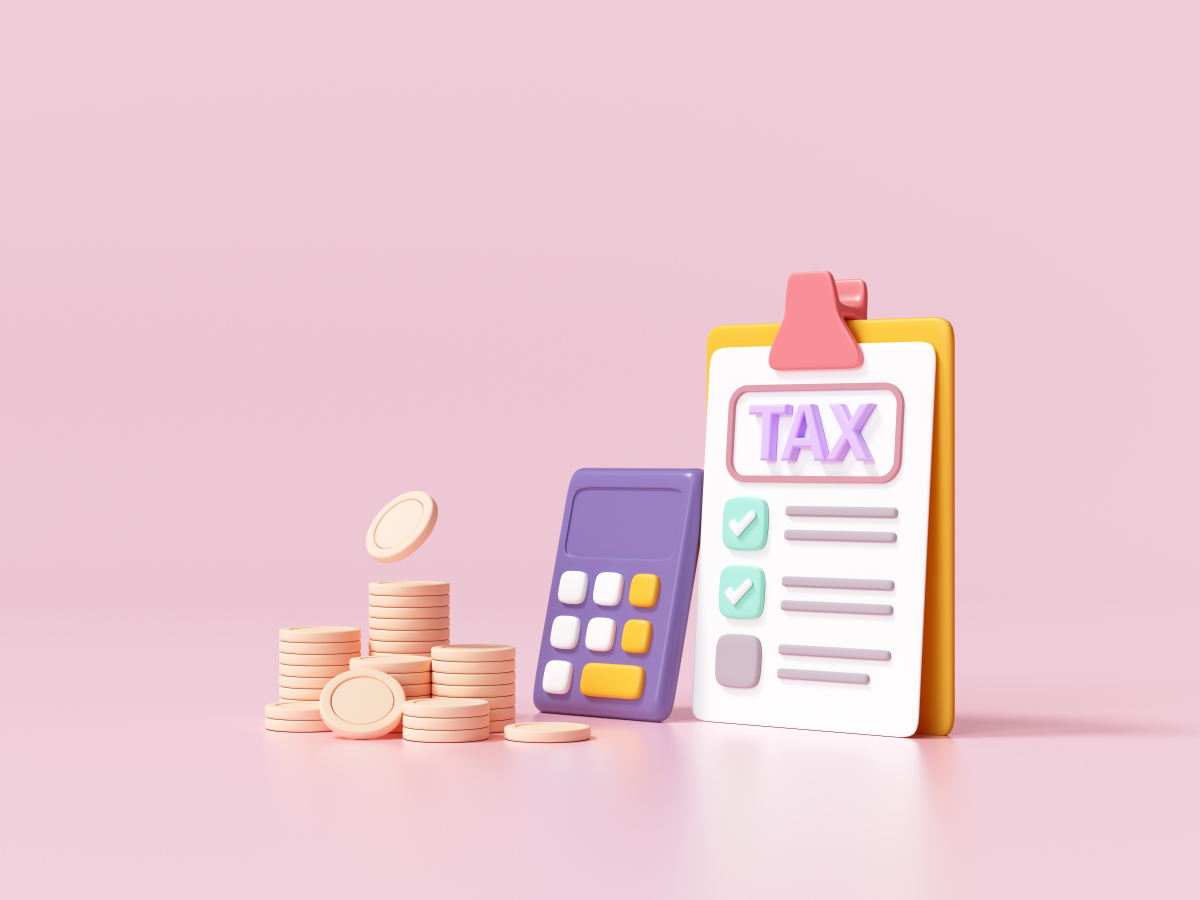This app takes money out of the pockets of electric car drivers
If you drive an e-car, you have to know your way around. Because the charging station is often plugged in and the charging current is not done yet. Billing chaos and a tangle of charging tariffs are pouring down on those switching that one almost wishes the combustion engine would go back. Apps are supposed to make a lot of things easier here, but one can even cost you money.
If you drive an e-car, you can hardly do without a smartphone. Charging apps tell you where the nearest charging station can be found, can usually be used to start the charging process and often also to pay for the electricity for the e-car.
With Chargemap: E-car drivers pay extra
This is usually practical, but one popular application steals money from you almost unnoticed. We’re talking about Chargemap.
The app is popular with e-car drivers because it offers a reliable search for e-charging stations internationally. In contrast to most of the other applications tested by Stiftung Warentest, you can also Search specifically for free charging points. But if you pay charging current via Chargemap, you should be careful. Because when it comes to billing, there is criticism from the product testers.
Price-conscious users should take a close look at Chargemap: According to Stiftung Warentest the app calculates every started kilowatt hour in full, even if no further current has flowed. For example, if you charge 20.1 kWh, you pay the price for the full 21 kWh.
If this only happens once, the price is of course not too high. But even small livestock makes crap and stuff like that can accumulate to a tidy sum over time. Especially when the already expensive electricity comes from the fast charger, where even higher prices are charged.
E-mobility still has stumbling blocks, but the early switch is still worthwhile:
This is how app users keep costs low
The testers therefore advise users of Chargemap, in the example better to charge only 19.9 kWh to pay for as electricity that never reaches the battery. In the test, only seven out of ten charging processes are said to have appeared in the app’s invoice overview, although all were paid for (source: Stiftung Warentest).



